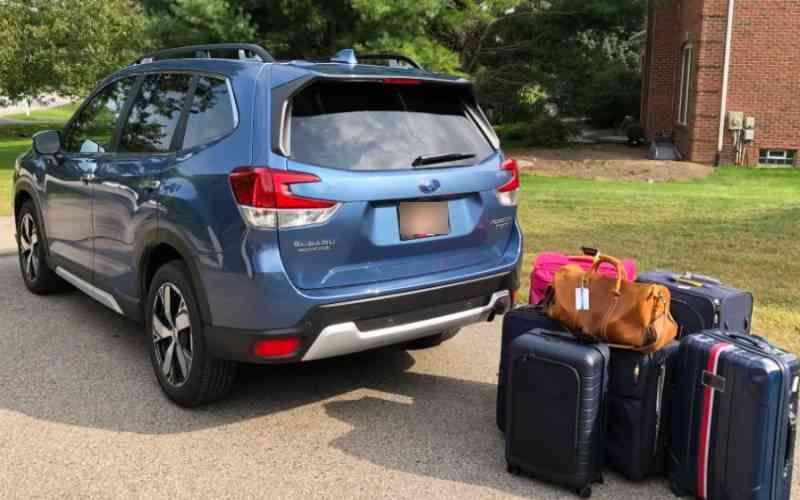×
The Standard e-Paper
Join Thousands Daily

As the festive season kicks in, and upcountry trips become more commonplace, remember that a healthy car can not only save you several thousands of shillings, but also save your life.
Kenyans from different major towns such as Nairobi, Mombasa, Nakuru and Eldoret will be leaving for upcountry to spend the holidays with their loved ones after a difficult year for many.







